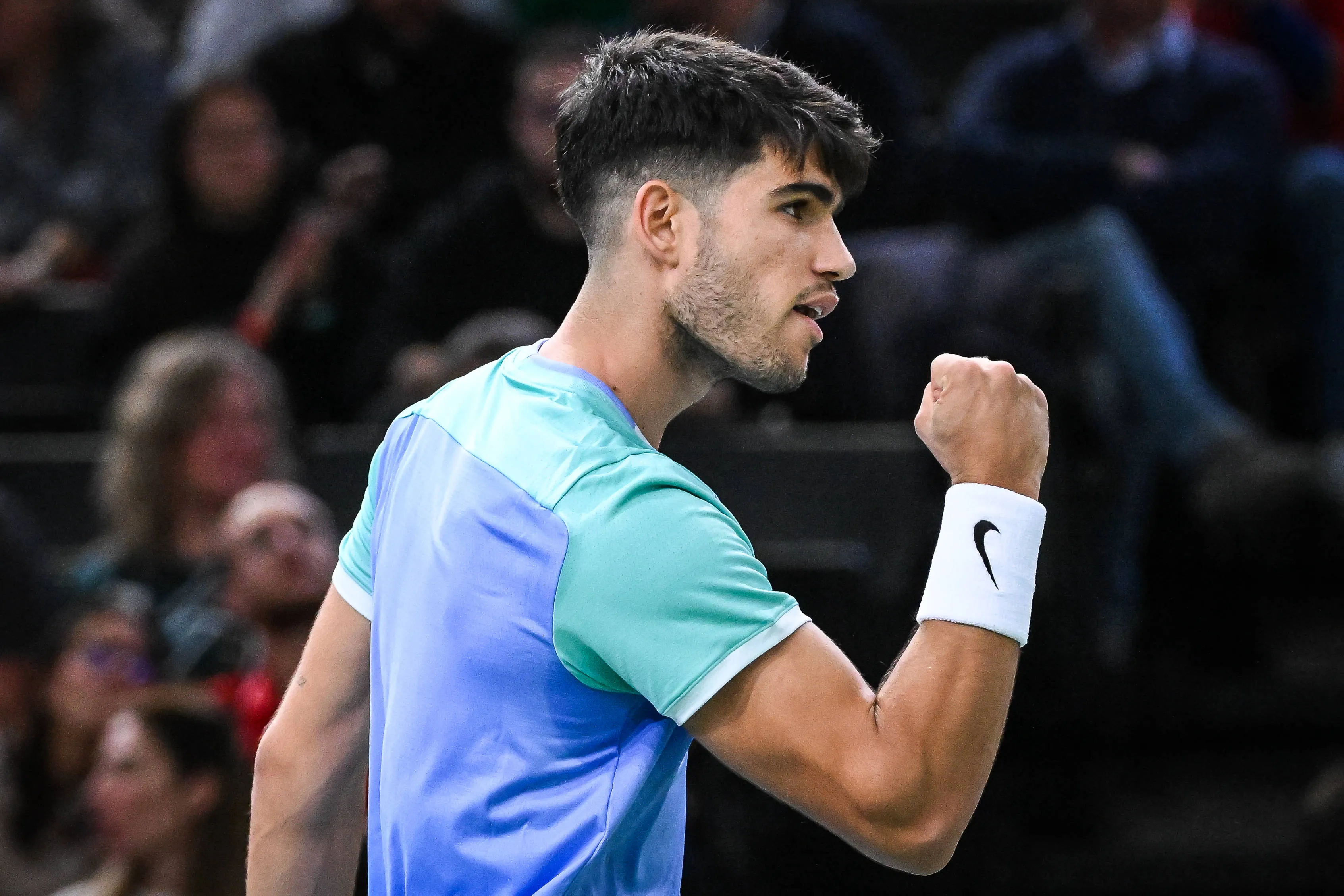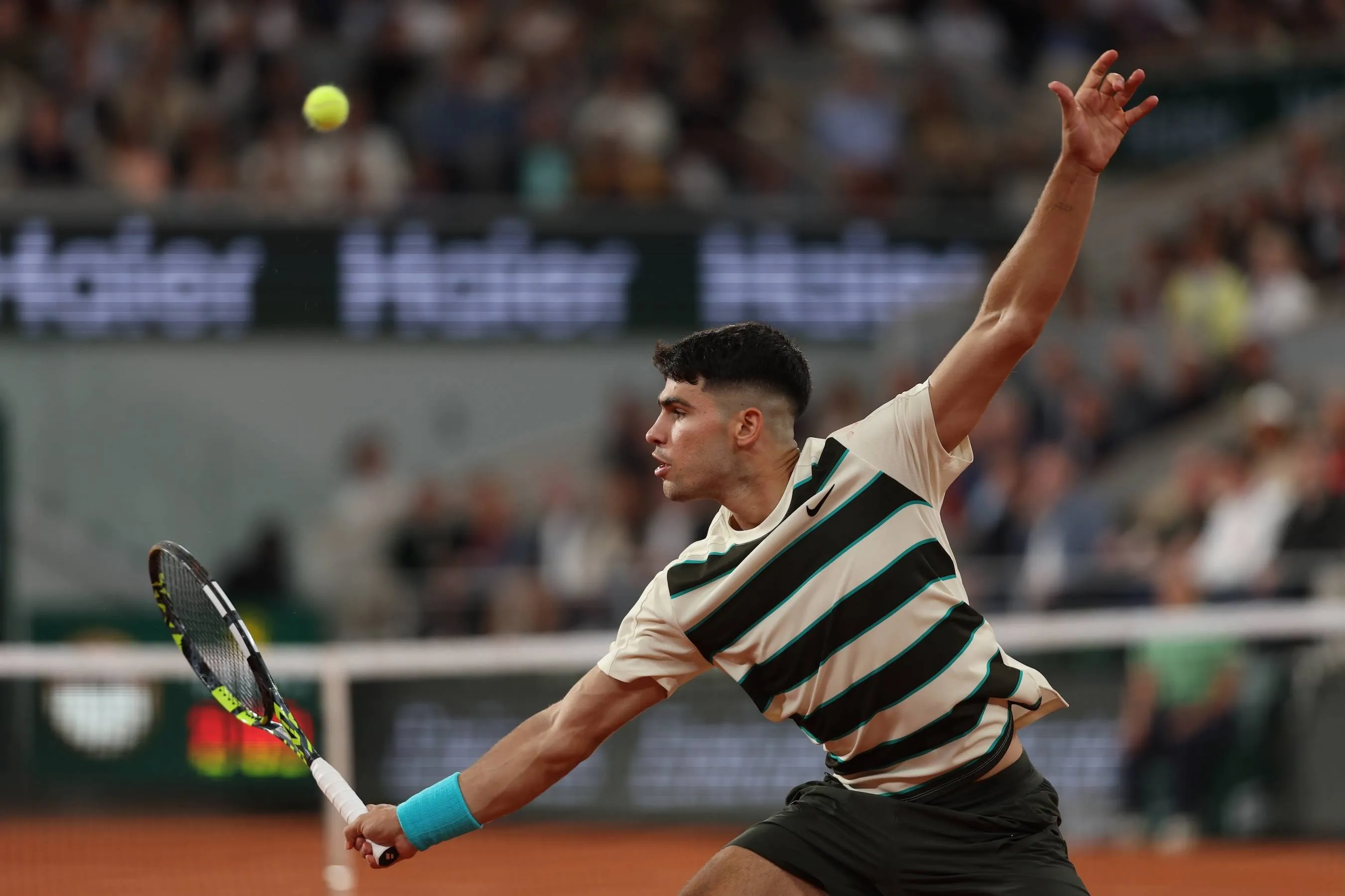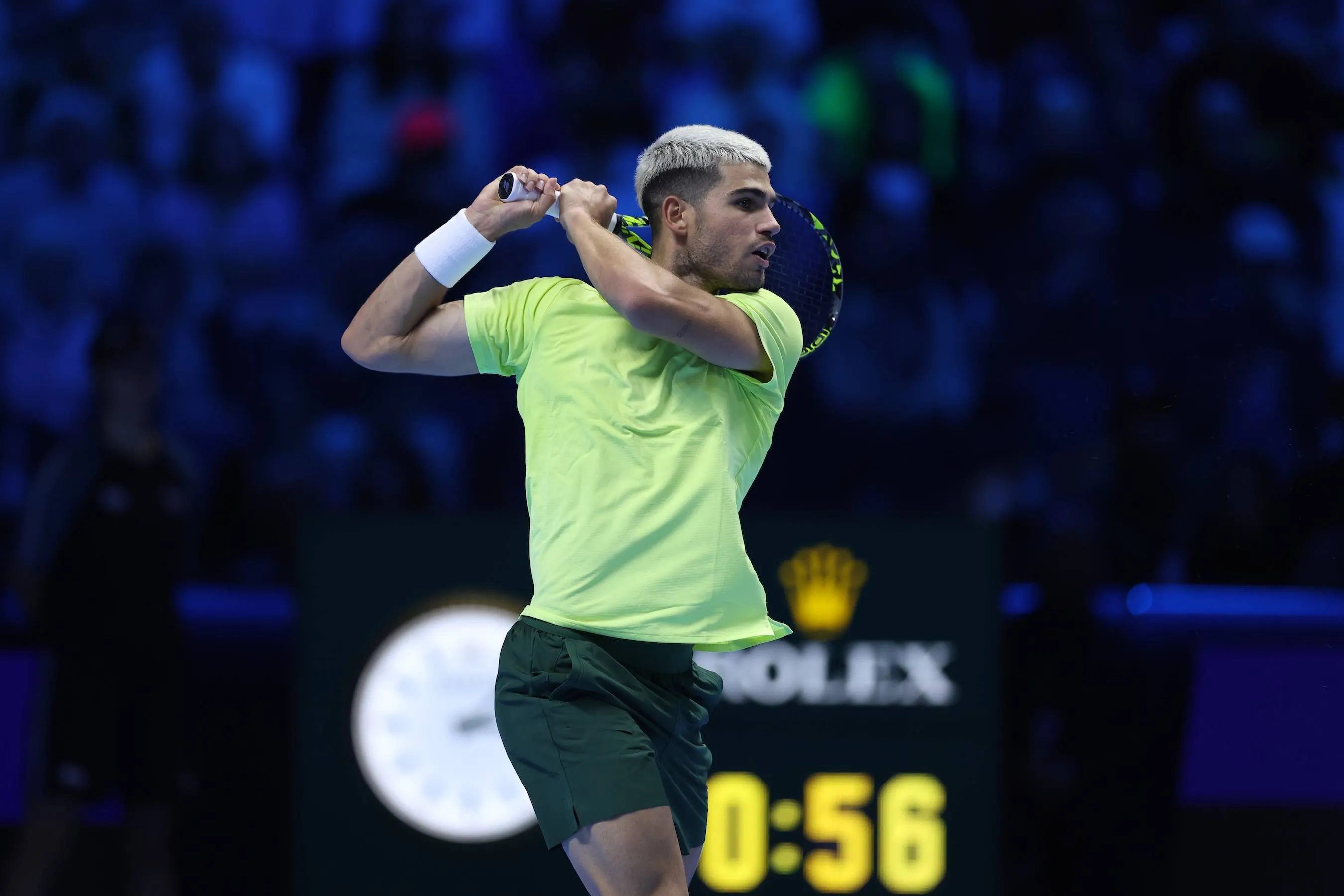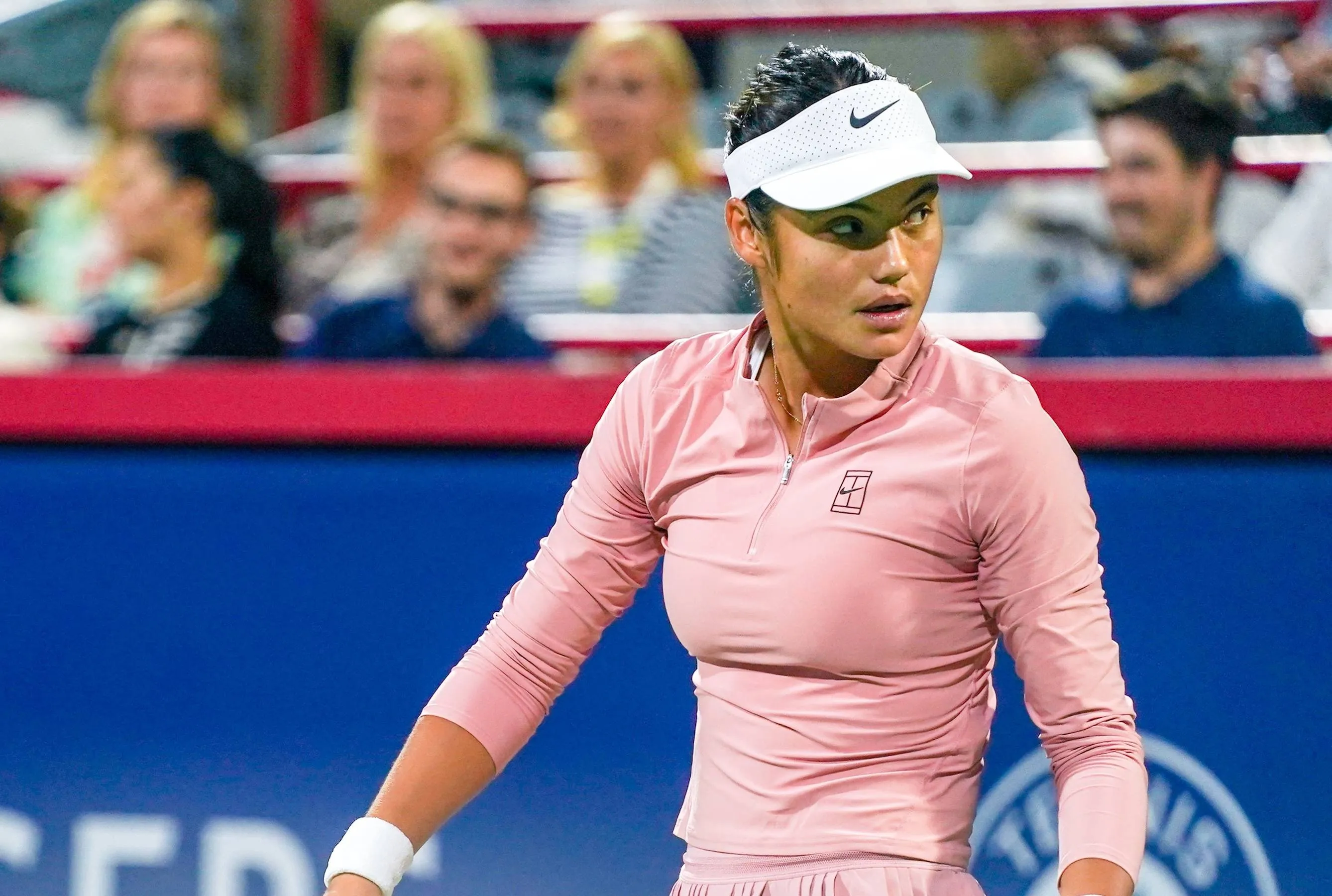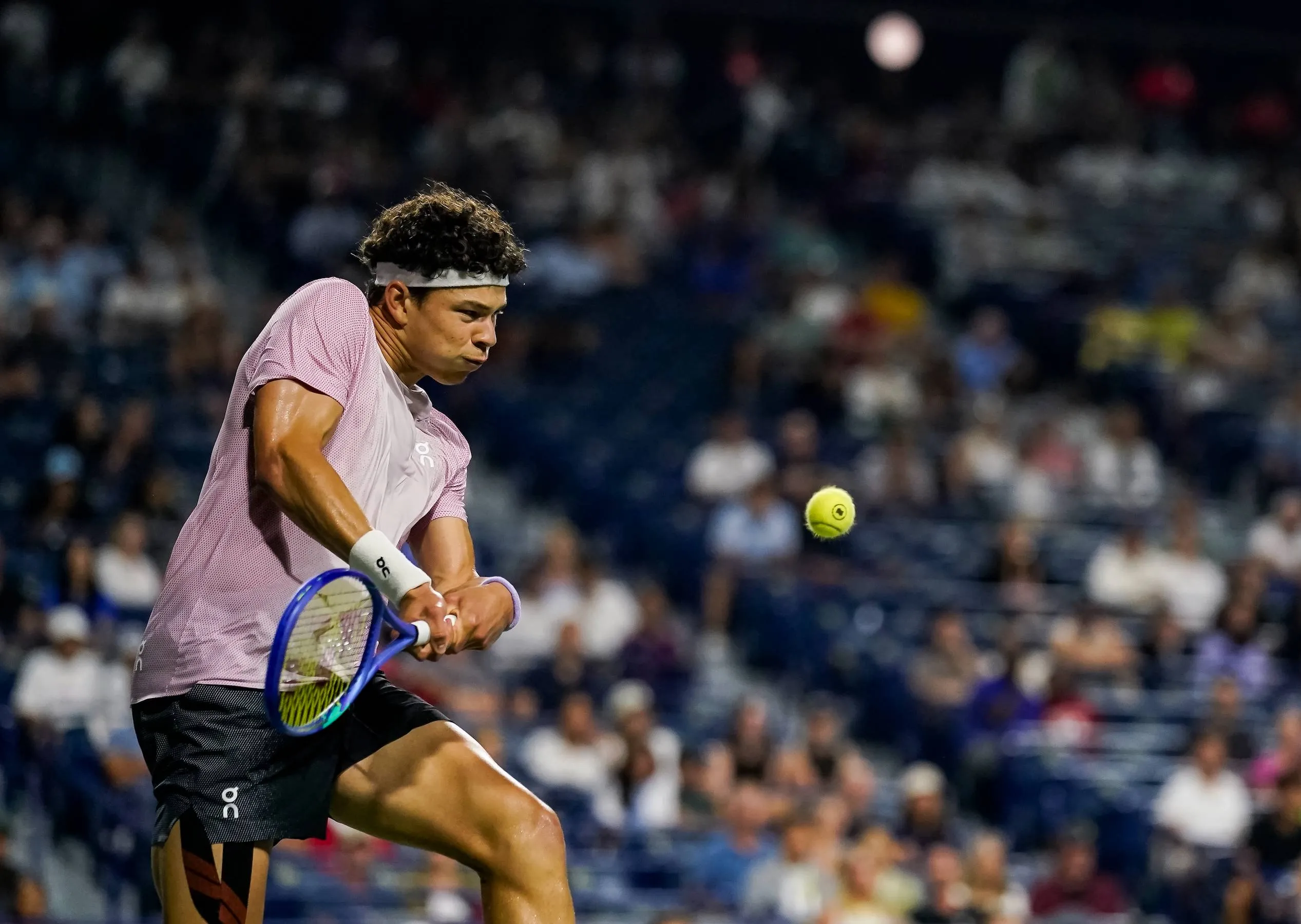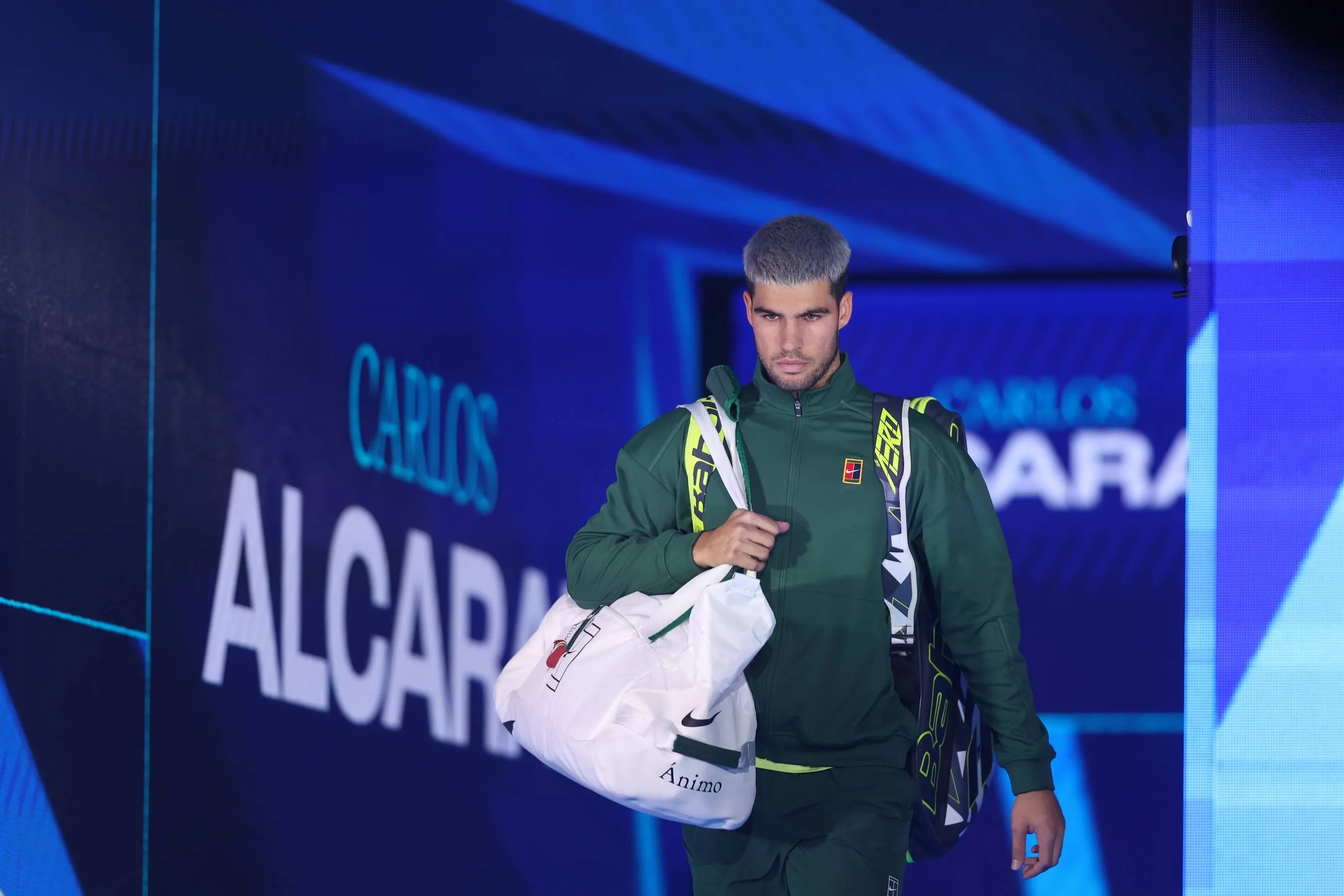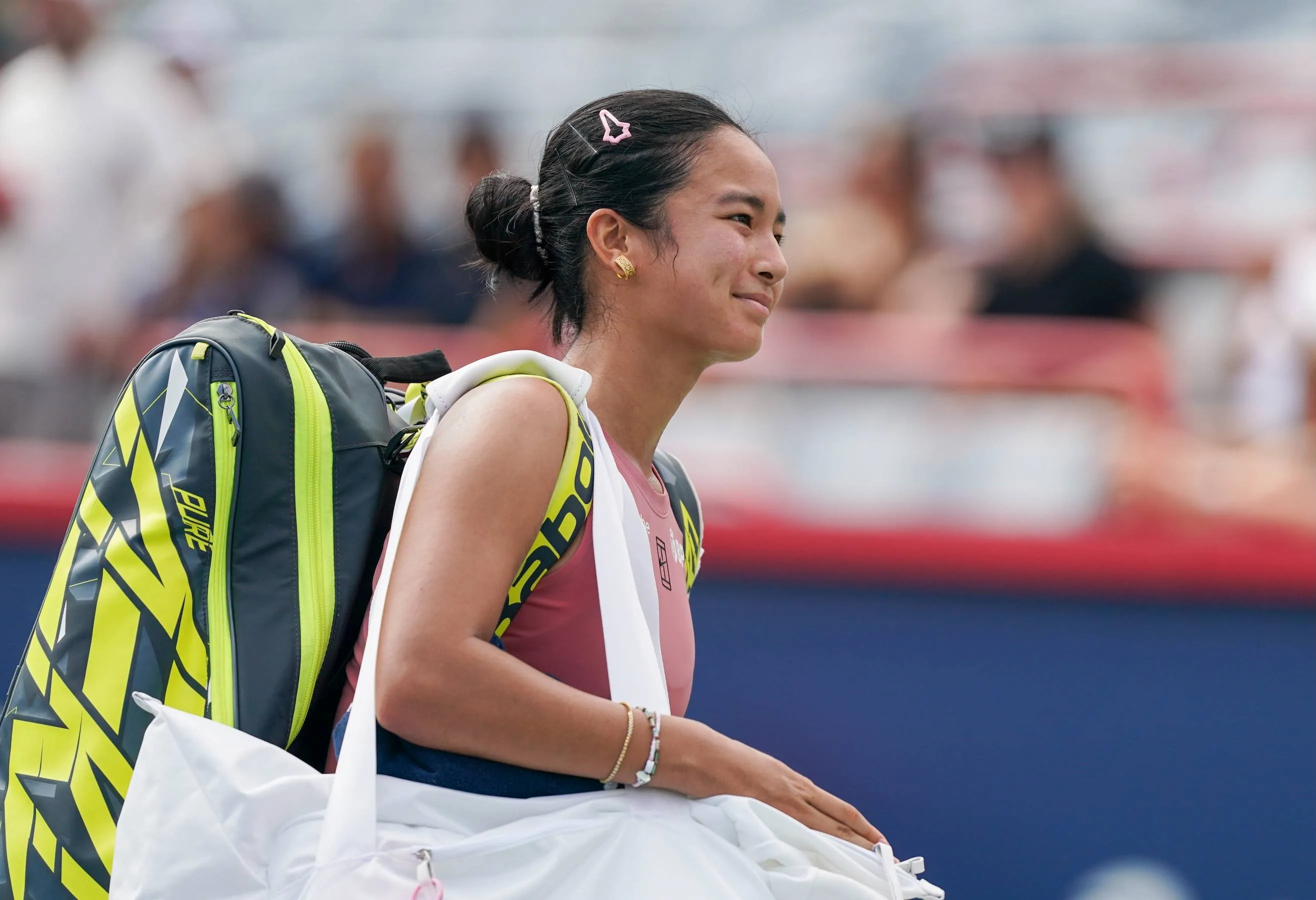Sinner's Paris Withdrawal Could Be Linked To 'Disruptive' Six Kings Slam Says Director
ATPThursday, 31 October 2024 at 00:37
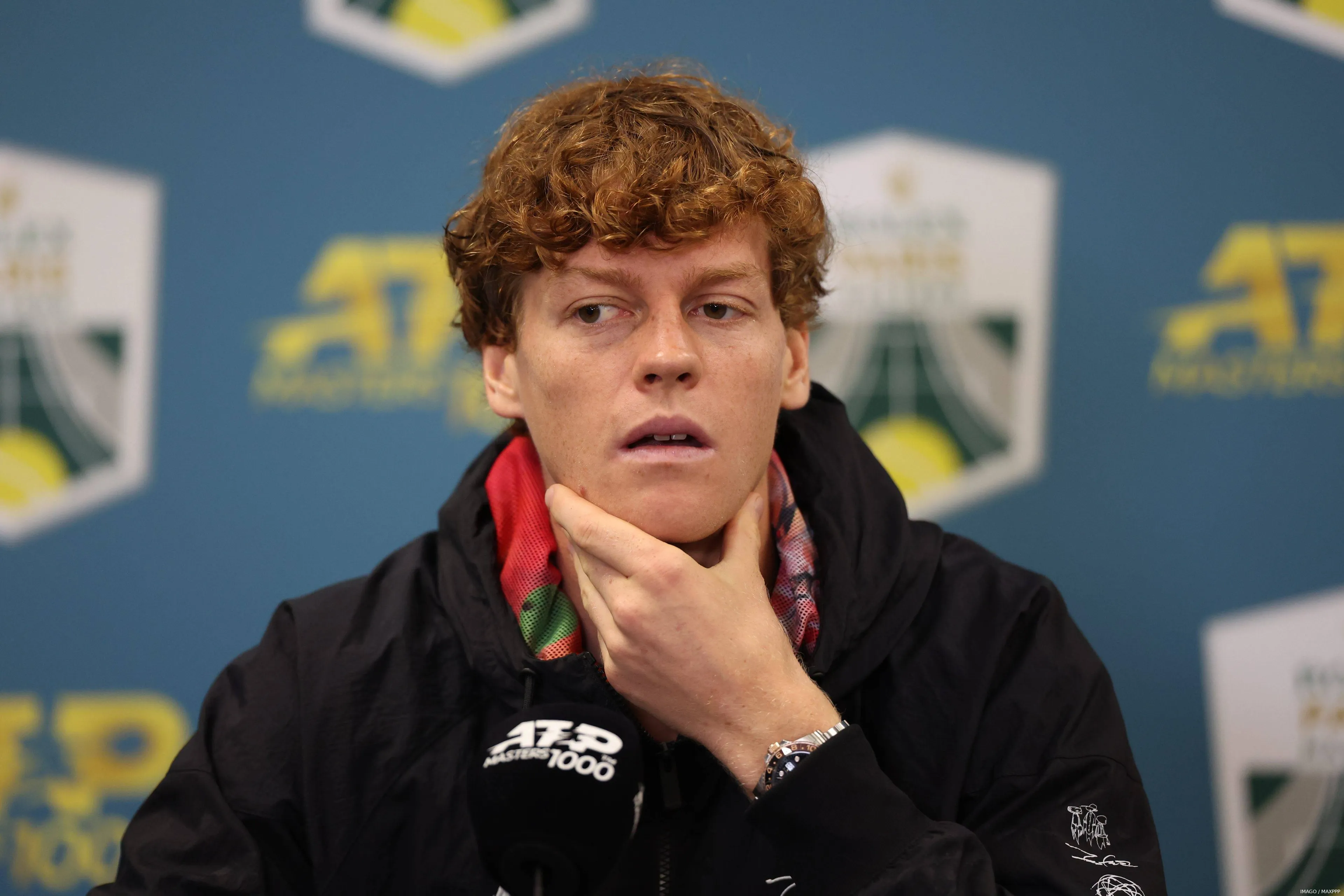
Jannik Sinner made a late decision to withdraw from the Paris Masters, and its tournament director made some interesting remarks about the Italian's move.
It has been a long but successful season for Sinner. His efforts throughout the year mean he is guaranteed to finish as the year-end No. 1, becoming the fastest man to achieve that since Novak Djokovic in 2015.
Sinner won his maiden Grand Slam titles at the Australian Open and the US Open. Those outstanding achievements were the most significant reasons for him overtaking Novak Djokovic at No. 1 and staying there ever since.
However, he has also had to manage stress since twice testing positive for the banned substance clostebol at the Indian Wells Open in March. That was only publicly revealed a few days before the US Open.
The International Tennis Integrity Agency (ITIA) initially cleared Sinner, but the World Anti-Doping Agency (WADA) has appealed that decision and feels a ban of one to two years would be appropriate.
Sinner is not expected to know the results of that appeal until early 2025. That leaves the Italian in an unpleasant position until then, having already admitted to enduring sleepless nights because of the case.
The world No. 1's most recent appearance on the court was at the Six Kings Slam exhibition in Saudi Arabia. He resisted the temptation to take it easy after what he has gone through, playing excellent tennis throughout the event.
Sinner won the largest paycheck in tennis history, $6 million, by beating Alcaraz in the final of the Six Kings Slam. Some might have assumed the financial incentives kept the 23-year-old motivated, but he insisted afterward that he does not play for money.
After competing in Saudi Arabia, the two-time Grand Slam champion did not defend his Vienna Open title. That was unsurprising, but his late withdrawal from the Paris Masters shocked fans more.
Sinner explained he could not compete because of a virus. However, tournament director Cedric Pioline feels his participation at the Six Kings Slam might have had an impact and that such exhibitions are disruptive.
Read also
"It’s not up to me to judge: each player, including Jannik, organizes his season as he sees fit. We can even say that in general, Jannik is one of those who has a logical schedule, he doesn’t overload his calendar. So he was rather confident."
"As high-level athletes, they are fragile from an immune point of view at the end of the season, there are little things that hang around and that we can catch. Is it bad luck? Probably. The geopolitics of the circuit with a lot of things [is something] currently under discussion at the level of the Grand Slams, the ATP and the WTA."
"Today, we don’t have an answer but from my point of view, it is certain that we must be vigilant so that there is coherence. The money put on the table by this Saudi exhibition is something disruptive, which destabilizes the ecosystem in place and is not necessarily very healthy."
These seem like quite pointed remarks from Pioline, even though he is attempting to be diplomatic. It will be very interesting to hear Sinner's response if asked whether the Six Kings Slam played a role in his withdrawal from the Paris Masters.
The broader issue of Saudi Arabia's influence in tennis will continue, and the country's government does not hide its intention to increase its influence further.
Read also
Loading


